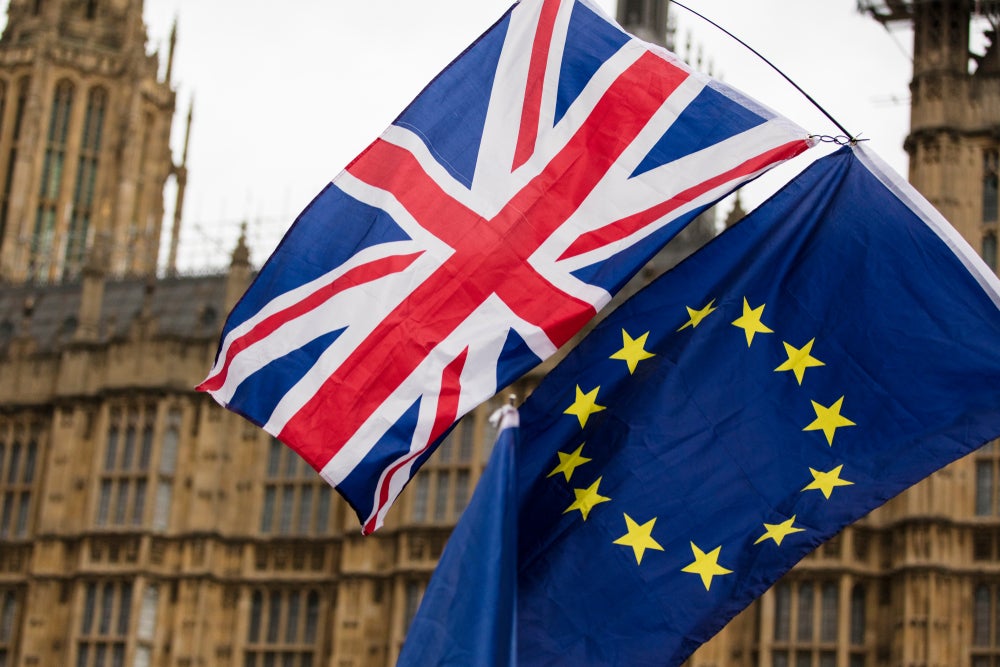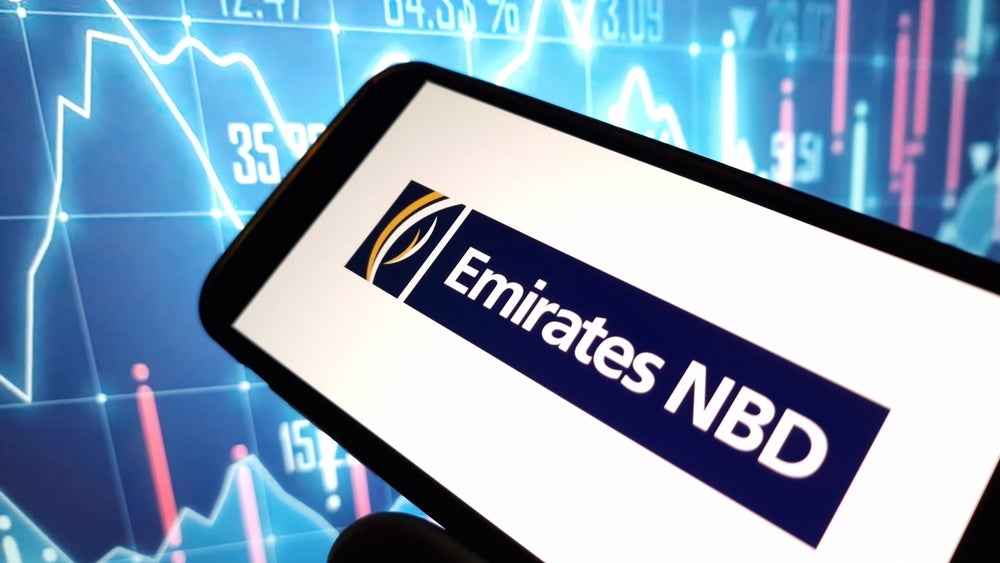
The risks of a no deal Brexit have not increased despite Boris Johnson’s controversial proroguing of Parliament, according to UBS.
The UK prime minister this morning wrote to MPs informing them of his decision to ask the Queen to suspend parliament until mid-October, in a perceived attempt to thwart opposition parties from tabling legislation to prevent a no deal Brexit.
The Queen has subsequently approved his request.
No deal Brexit resistance’s timetable disrupted
According to Dean Turner, UK economist for Swiss bank UBS, the risks of a no deal Brexit have not increased.
“MPs will have time to debate Brexit both before and after this period,” Turner says.
“However, in effect, it will limit the time the opposition MPs have to legislate against no deal Brexit.”
With Parliament due to return from summer recess on September 3rd, opposition parties’ room for manoeuvre will be limited and so may feel compelled to push for an immediate vote of no confidence.
Parliamentary arithmetic, however, means they would be dependent on winning over a number of remain-favouring Conservative MPs, who would be understandably reluctant to rebel if it could lead to a caretaker government led by Jeremy Corbyn.
Parliament proroguing ends pound’s recovery
UBS adds that sterling assets are likely to remain volatile during this period.
The pound took a hit this morning following Boris Johnson’s announcement, falling more than 0.5% against the euro and US dollar to €1.10 and $1.22.
“Sterling continues to reflect market optimism or pessimism over the prospects for a smooth and orderly exit from the EU, says Andy Scott, associate director at JCRA.
“The fact that it is towards historic lows against both the US Dollar and the Euro reflect not just the uncertainty over Brexit, but increasingly, the risk that the UK crashes out and suffers a significant economic shock as a result.”
Sterling had experienced a recovery last week after European leaders suggested the Irish backstop question could be renegotiated if viable alternative arrangements were to be found.






